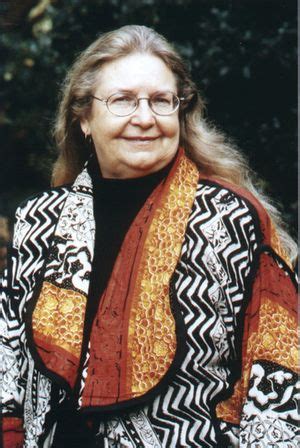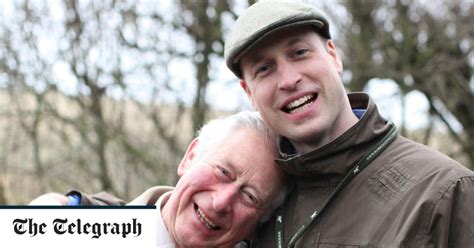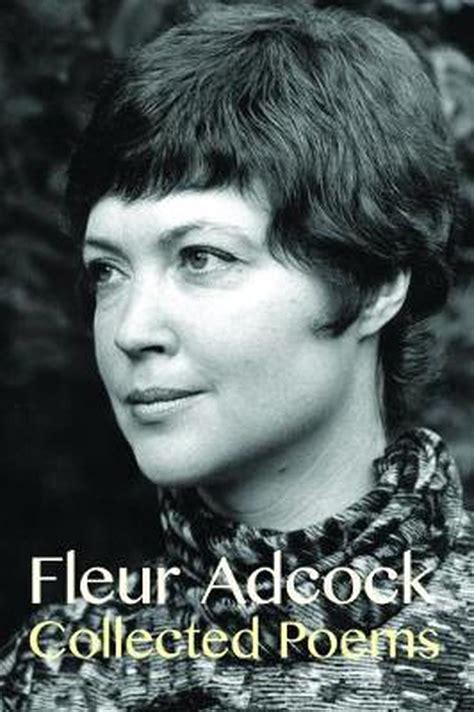A Quote by Alain Badiou
Let us say in passing that since (philosophical) remedies are often worse than the malady, our age, in order to be cured of the Plato sickness, has swallowed such doses of a relativist, vaguely skeptical, lightly spiritualist and insipidly moralist medicine, that it is in the process of gently dying, in the small bed of its supposed democratic comfort.
Related Quotes
The absolutist lays down the law, but the relativist hears only roaring and bawling. Or, when the relativist voice, as it is heard from philosophers such as Nietzsche or James, itself starts to grate and sounds shrill, as it often does, and when the relativist then offers concessions, the absolutist hears only insincerity. The war of words can often turn into a dialogue of the deaf, and this too if part of its power to arouse outrage and fury.
Since we cannot know too much about the long term effects of our particular lives, and since success and fame are not good measures of the value of what we have done, it should be enough for any of us that as far as we can tell, in some small way we have made humanity's future better rather than worse.
Every man on earth is sick with the fever of sin, with the blindness of sin and is overcome with its fury. As sins consist mostly of malice and pride, it is necessary to treat everyone who suffers from the malady of sin with kindness and love. This is an important truth, which we often forget. Very often we act in the opposite manner: we add malice to malice by our anger, we oppose pride with pride. Thus, evil grows within us and does not decrease; it is not cured - rather it spreads
It seems to me that your doctor [Tronchin] is more of a philosopher than a physician. As for me, I much prefer a doctor who is anoptimist and who gives me remedies that will improve my health. Philosophical consolations are, after all, useless against real ailments. I know only two kinds of sickness--physical and moral: all the others are purely in the imagination.
There are worse things than having behaved foolishly in public. There are worse things than these miniature betrayals, committed or endured or suspected; there are worse things than not being able to sleep for thinking about them. It is 5 a.m. All the worse things come stalking in and stand icily about the bed looking worse and worse and worse.
Socrates: Have you noticed on our journey how often the citizens of this new land remind each other it is a free country? Plato: I have, and think it odd they do this.Socrates: How so, Plato?Plato: It is like reminding a baker he is a baker, or a sculptor he is asculptor.Socrates: You mean to say if someone is convinced of their trade, they haveno need to be reminded.Plato: That is correct.Socrates: I agree. If these citizens were convinced of their freedom, they would not need reminders.









































